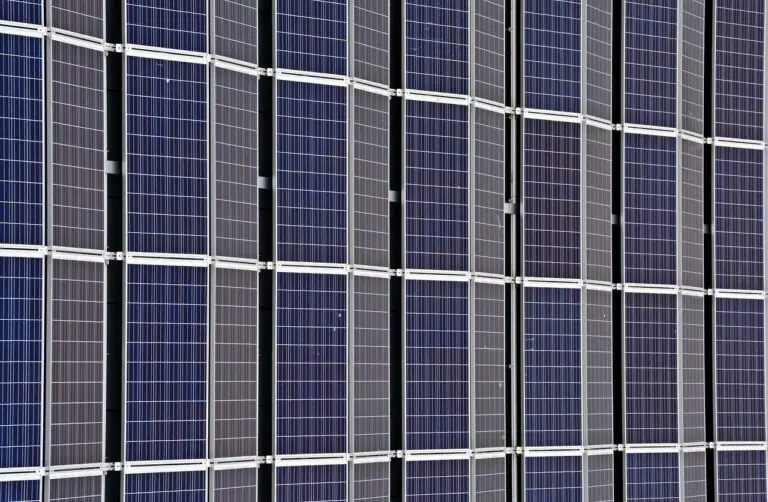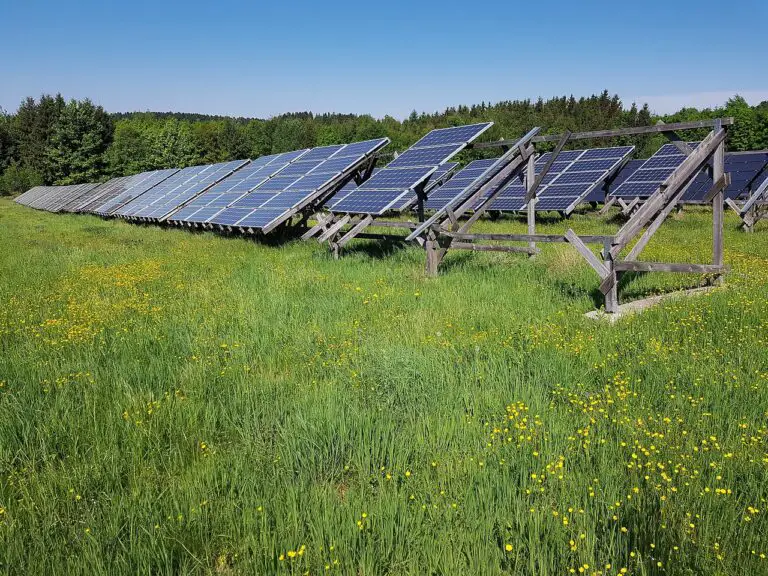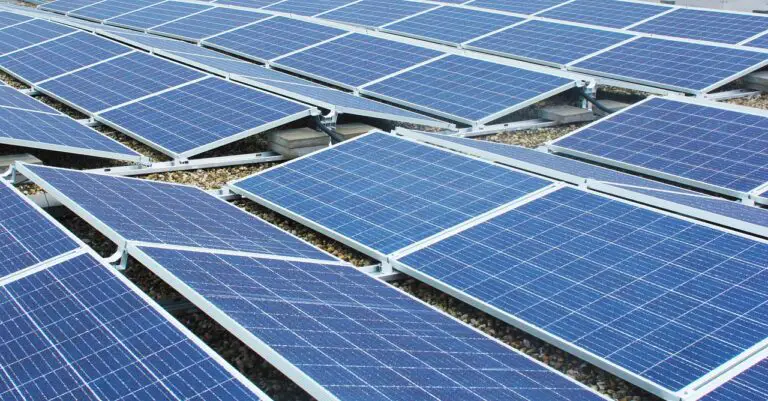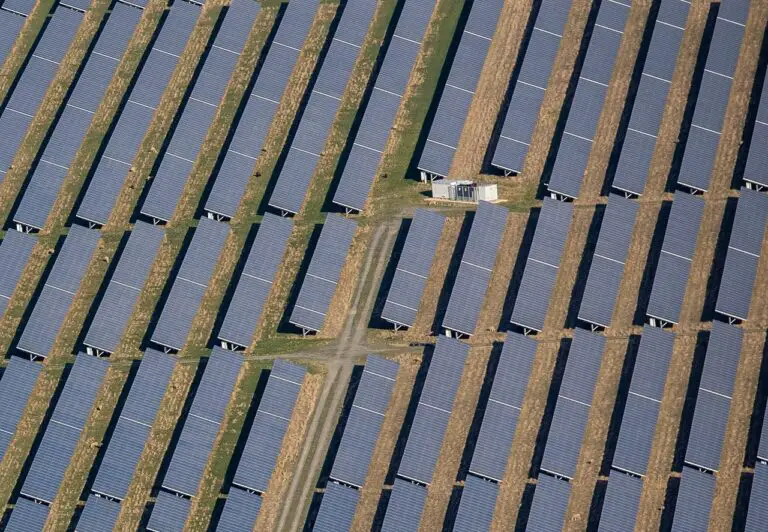Additional State Incentives for Solar Panel Loans
The push for renewable energy has led many states to offer additional incentives for solar panel loans. These incentives can significantly reduce the cost of installing solar panels, making it an attractive option for homeowners. In this article, we will explore the various state incentives available for solar panel loans and how they can benefit you. We will also delve into other green home improvement loans and their state-specific incentives.
Overview of State Incentives for Solar Panel Loans
Understanding State Incentives
State incentives for solar panel loans vary widely, reflecting the diverse approaches states take to promote renewable energy. These incentives can include rebates, tax credits, and special financing options. By understanding these incentives, you can maximize the benefits of loans for solar panels.
Rebates are direct discounts on the cost of solar panel installation. These can significantly reduce the upfront cost of your solar system. Tax credits allow you to reduce your state tax liability based on a percentage of your solar installation costs. Financing options may include low-interest loans or loan programs specifically designed for solar panel installations.
Types of Incentives Available
- Rebates: Many states offer rebates for installing solar panels. These rebates can be a percentage of the installation cost or a fixed amount. For example, California offers a rebate through its California Solar Initiative (CSI), which provides financial incentives for solar installations. California Solar Initiative
- Tax Credits: Tax credits are another common incentive. They reduce the amount of state taxes you owe based on your solar panel installation. For instance, New York provides a tax credit of up to $5,000 for residential solar installations. NY-Sun Incentive Program
- Low-Interest Loans: Some states offer low-interest loans to help cover the cost of solar panels. These loans can make it more affordable to install solar panels by spreading the cost over several years. For example, Oregon provides the Solar Plus program, which offers low-interest loans for solar panel installations. Solar Plus Program
State-Specific Incentives for Solar Panel Loans
California: Leading the Way in Solar Incentives
California is renowned for its robust solar incentives. The state’s California Solar Initiative offers significant rebates and incentives for solar panel installations. Additionally, California provides several financing options, including the Property Assessed Clean Energy (PACE) program, which allows homeowners to finance solar installations through their property taxes.
The California Solar Initiative offers rebates based on the size of the solar system installed. This program is available to both residential and commercial installations.
The PACE Program enables homeowners to pay for solar installations through an assessment on their property taxes. This can make solar panel installations more affordable by spreading the cost over a longer period.
New York: Tax Credits and Financing Options
New York offers attractive incentives for solar panel installations. The state provides a tax credit of up to $5,000 through the NY-Sun Incentive Program. Additionally, New York offers financing options through the Green Jobs – Green New York (GJGNY) program.
The NY-Sun Incentive Program reduces the upfront cost of solar panels through tax credits. This program is designed to make solar energy more accessible to homeowners.
The GJGNY Program offers low-interest loans for green home improvements, including solar panel installations. This financing option helps spread the cost of solar panels over time, making it more manageable for homeowners.
Oregon: Low-Interest Loans and Rebates
Oregon provides several incentives for solar panel installations, including the Solar Plus Program. This program offers low-interest loans for solar panel installations and helps reduce the overall cost.
The Solar Plus Program is designed to make solar energy more affordable by offering low-interest loans. This program is ideal for homeowners looking to finance their solar panel installations.
Rebates are also available in Oregon for solar installations. These rebates can help reduce the upfront cost of installing solar panels, making it a more attractive option for homeowners.
How to Apply for State Incentives
Eligibility Requirements
To qualify for state incentives for solar panel loans, you generally need to meet specific eligibility criteria. These can include being a homeowner, having a solar system installed by a certified contractor, and meeting income or credit requirements.
- Homeownership: Most state incentives are available to homeowners. Some programs may also be available to businesses or non-profit organizations.
- Certified Contractors: Many states require that solar panels be installed by certified contractors to qualify for incentives. This ensures that the installation meets quality and safety standards.
- Income and Credit Requirements: Some state programs have income or credit requirements. These criteria help ensure that the incentives are provided to those who need them most.
Application Process
The application process for state incentives varies by state and program. Generally, you will need to complete an application form and provide documentation such as proof of purchase, installation invoices, and proof of eligibility.
- Complete Application Forms: Fill out the required application forms for the specific incentive program. These forms are usually available on state or program websites.
- Submit Documentation: Provide the necessary documentation, including proof of solar panel installation and any other required documents.
- Follow-Up: After submitting your application, follow up with the program administrators to ensure that your application is processed in a timely manner.
Benefits of State Incentives for Solar Panel Loans
Reduced Upfront Costs
State incentives can significantly reduce the upfront costs of installing solar panels. Rebates and tax credits lower the initial expense, making solar energy more accessible.
Long-Term Savings
In addition to reducing upfront costs, solar panel installations can lead to long-term savings on energy bills. By generating your own electricity, you can reduce or eliminate your monthly energy costs.
Increased Property Value
Solar panel installations can increase the value of your home. Many homebuyers are willing to pay more for a home with solar panels, as it represents a long-term investment in energy efficiency.
Environmental Benefits
By installing solar panels, you contribute to reducing greenhouse gas emissions and promoting renewable energy. This helps combat climate change and supports a cleaner environment.
Conclusion
State incentives for solar panel loans provide significant benefits for homeowners looking to invest in renewable energy. From rebates and tax credits to low-interest loans, these incentives make it more affordable to install solar panels and enjoy the long-term savings they offer. By understanding and taking advantage of these state-specific incentives, you can make a positive impact on both your finances and the environment.
For more information on state incentives and green home improvement loans, consider exploring the following resources:
- California Solar Initiative
- NY-Sun Incentive Program
- Solar Plus Program







